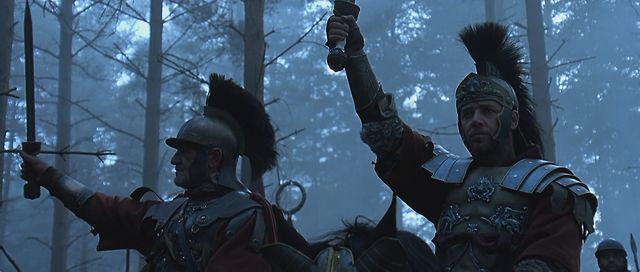Sun-tzu’s Art of War is a highly influential text from the 5th century B.C. Its lessons have been applied in both the East and West not only to war, but also to business, politics, law, sports, and even life. After all, as Plato reminds us in the Gorgias, life is the “great combat… greater than every other earthly conflict.”
Below are 9 of its most famous passages:
1. “All warfare is based on deception. Hence, when able to attack, we must seem unable; when using our forces, we must seem inactive; when we are near, we must make the enemy believe we are far away; when far away, we must make him believe we are near.”
2. “There is no instance of a nation benefitting from prolonged warfare.”
3. “It is the rule in war, if our forces are ten to the enemy’s one, to surround him; if five to one, to attack him; if twice as numerous, to divide our army into two. If equally matched, we can offer battle; if slightly inferior in numbers, we can avoid the enemy; if quite unequal in every way, we can flee from him.”
4. “In war the victorious strategist only seeks battle after the victory has been won, whereas he who is destined to defeat first fights and afterwards looks for victory.”
5. “If you know the enemy and know yourself, you need not fear the result of a hundred battles. If you know yourself but not the enemy, for every victory gained you will also suffer a defeat. If you know neither the enemy nor yourself, you will succumb in every battle.”
6. “In war, the way is to avoid what is strong and to strike at what is weak.”
7. “All men can see the tactics whereby I conquer, but what none can see is the strategy out of which victory is evolved.”
8. “When you surround an army, leave an outlet free. Do not press a desperate foe too hard.”
9. “Regard your soldiers as your children, and they will follow you into the deepest valleys; look upon them as your own beloved sons, and they will stand by you even unto death.”
















Leave a Comment
Your email address will not be published. Required fields are marked with *